2
2023 Year-End Tax Planning: Business Considerations
November 2, 2023
BUSINESS TAX PLANNING
The end of the year is often an optimal time for tax planning, but you must be careful to avoid potential pitfalls along the way. Notably, any year-end tax strategies you implement should take all the latest tax developments into account.
Depreciation-Based Deductions
As the year draws to a close, a business may benefit from one or more of three depreciation-based tax breaks: (1) the Section 179 deduction; (2) first-year “bonus” depreciation; and (3) regular depreciation.
YEAR-END MOVE: Place qualified property in service before the end of the year. If your business does not start using the property before 2024, it is not eligible for these tax breaks.
- Section 179 deduction: Under Section 179 of the tax code, a business may currently deduct the cost of qualified property placed in service during the year. The maximum annual deduction, as shown below, is phased out on a dollar-for-dollar basis above a specified threshold.
|
Tax year |
Deduction limit |
Phase-out threshold |
|
2010–2015 |
$500,000 |
$2 million |
|
2016 |
$500,000 |
$2.01 million |
|
2017 |
$510,000 |
$2.03 million |
|
2018 |
$1 million |
$2.50 million |
|
2019 |
$1.02 million |
$2.55 million |
|
2020 |
$1.04 million |
$2.59 million |
|
2021 |
$1.05 million |
$2.62 million |
|
2022 |
$1.08 million |
$2.70 million |
|
2023 |
$1.16 million |
$2.89 million |
Be aware that the Section 179 deduction cannot exceed the taxable income from all your business activities this year. This rule could limit your deduction for 2023.
- First-year bonus depreciation: The TCJA authorized 100% first-year bonus depreciation through 2022, subject to a phase-out over a five-year period. The applicable percentage for 2023 is 80% and is scheduled to drop to 60% in 2024.
- Regular depreciation: If any remaining acquisition cost remains, the balance may be deducted over time under the Modified Accelerated Cost Recovery System (MACRS).
Tip: Special “luxury car” rules limit deductions for business vehicles. Nevertheless, due to the TCJA, you can write off up to $20,200 for such a vehicle placed in service in 2023.
Start-Up Costs
Normally, the costs associated with the start-up of a new business venture must be amortized over 180 months. However, the tax law allows an entrepreneur to claim a current deduction of up to $5,000 for qualified start-up costs, subject to a phase-out above $50,000.
YEAR-END MOVE: Make sure you “open for business” before January 1, 2024. Typically, this means you must begin offering goods or services. Otherwise, you cannot claim the current $5,000 deduction.
Generally, start-up costs are those that would be deductible as business expenses, such as studies of potential markets, products, labor supply, transportation facilities, etc.; advertisements for the opening of the business; salaries and wages for employees who are being trained and their instructors; travel costs to secure prospective distributors, suppliers, customers or clients; and salaries and fees for executives and consultants or similar professional services.
Tip: Your business may be entitled to an additional current deduction of up to $5,000 for qualified organizational expenses (e.g., expenses of a CPA).
Qualified Retirement Plans
The new SECURE 2.0 law includes a number of provisions affecting employers with qualified retirement plans.
YEAR-END MOVE: Position your business to maximize available tax benefits and avoid potential problems. Consider the following key changes of particular interest.
- For 401(k) plans adopted after 2024, an employer must provide automatic enrollment to employees. Certain small companies and start-ups are exempt.
- Beginning in 2023, employers with 50 or fewer employees can qualify for a credit equal to 100% of their contributions to a new retirement plan, up to $1,000 per employee, phased out over five years. The 100% credit is reduced for a business with 51 to 100 employees. This tax break is in addition to an enhanced credit for plan start-up costs.
- Beginning in 2024, employers may automatically provide employees with emergency access to accounts of up to 3% of their salary, capped at $2,500.
- An employer may elect to make matching contributions to an employee’s retirement plan account based on student loan obligations, beginning in 2024.
- The new law shortens the eligibility requirement for part-time workers from three years to two years, beginning in 2023, among other modifications.
- Any catch-up contributions to 401(k) plans must be made to Roth-type accounts for employees earning more than $145,000 a year (indexed for inflation).
Tip: This last provision was initially scheduled to take effect in 2024, but a new IRS ruling just delayed it for two years to 2026.
Work Opportunity Tax Credit
If your business becomes busier than usual during the holiday season, it may add to the existing staff. Consider all the relevant factors, including tax incentives, in your hiring decisions.
YEAR-END MOVE: When you have good candidates, you may hire workers eligible for the Work Opportunity Tax Credit (WOTC). The credit is available if a worker falls into a designated “target” group.
Generally, the WOTC equals 40% of the first-year wages of up to $6,000 per employee, for a maximum of $2,400. For certain qualified veterans, the credit may be claimed for up to $24,000 of wages, for a $9,600 maximum. There is no limit on the number of credits per business.
Tip: The WOTC has expired—and then been reinstated—multiple times in the past, but it currently is available through 2025.
Employee Bonuses
Generally, employee bonuses are deductible in the year that they are paid. For instance, you must dole out bonuses before January 1, 2024, to deduct those bonuses on your company’s 2023 return. However, there’s a special rule for accrual-basis companies. In this case, the bonuses are currently deductible if they are paid within 2½ months of the close of the tax year.
YEAR-END MOVE: If your company qualifies, determine bonus amounts before year-end. As a result, the bonuses can be deducted on the company’s 2023 return as long as they are paid by March 15, 2024. Keep detailed corporate minutes to support the deductions.
This special deduction rule does not apply to bonuses paid to majority shareholders of a C corporation or certain owners of an S corporation or a personal service corporation.
Tip: Note that the bonuses are taxable to employees in the year in which they receive them—2024. Thus, the employees benefit from tax deferral for a year even if the company claims a current deduction.
Miscellaneous
- Stock the shelves with routine supplies (especially if they are in high demand). If you buy the supplies in 2023, they are deductible this year even if they are not used until 2024.
- If your business realizes a net operating loss (NOL) in 2023, it can no longer be carried back under current law, but the NOL may be carried forward indefinitely (subject to a limit of 80% of taxable income).
- Maximize the qualified business interest (QBI) deduction for pass-through entities and self-employed individuals. Note that special rules apply if you are in a “specified service trade or business” (SSTB). See your professional tax advisor for more details.
- If you buy a heavy-duty SUV or van for business, you may claim a first-year Section 179 deduction of up to $28,900. The luxury car limits do not apply to certain heavy-duty vehicles.
- Keep records of collection efforts (e.g., phone calls, emails and dunning letters) to prove debts are worthless. This may allow you to claim a bad debt deduction.
- Under the IRA, a start-up business can elect to use up to $500,000 of qualified research credits to offset payroll taxes instead of income taxes, if it has gross receipts of less than $5 million.
Conclusion
This year-end tax-planning letter is based on the prevailing federal tax laws, rules and regulations. Of course, it is subject to change, especially if additional tax legislation is enacted by Congress before the end of the year.
Finally, remember that this letter is intended to serve only as a general guideline. Your personal circumstances will likely require careful examination. We would be glad to schedule a meeting with you to assist with all your tax-planning needs.
Source: Elite Editorial Services, 2023 Year-End Tax Planning Letter, 11/01/23
This year-end tax-planning letter is published for our clients, friends and professional associates. It is designed to provide accurate and authoritative information with respect to the subject matter covered. The information contained in this letter is not intended or written to be used for the purpose of avoiding any penalties that may be imposed under federal tax law and cannot be used by you or any other taxpayer for the purpose of avoiding such penalties. Before any action is taken based on this information, it is essential that competent, individual, professional advice be obtained.


.png)



